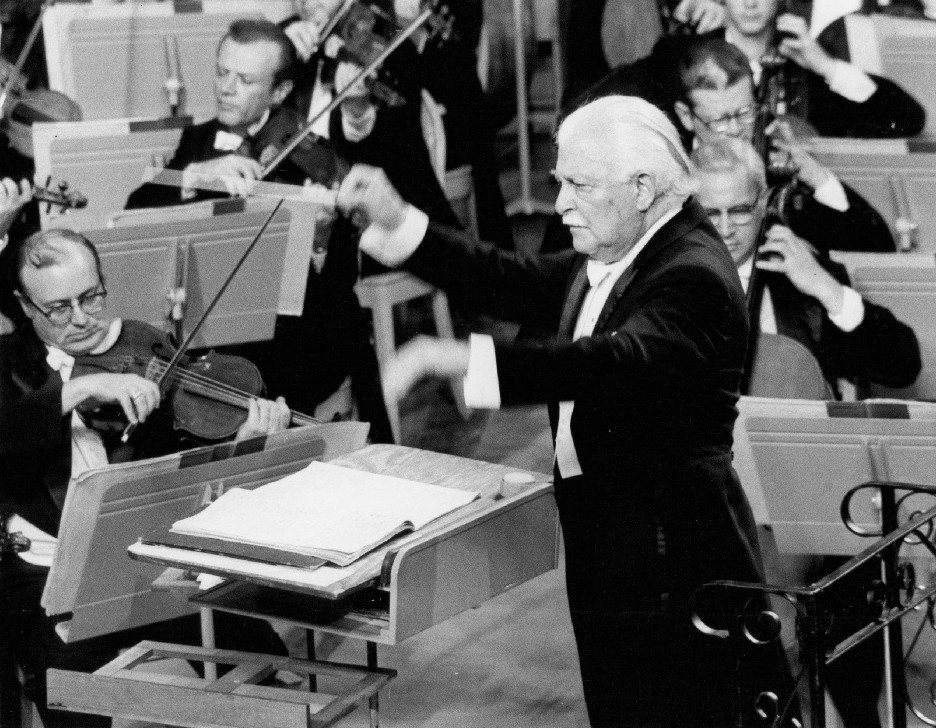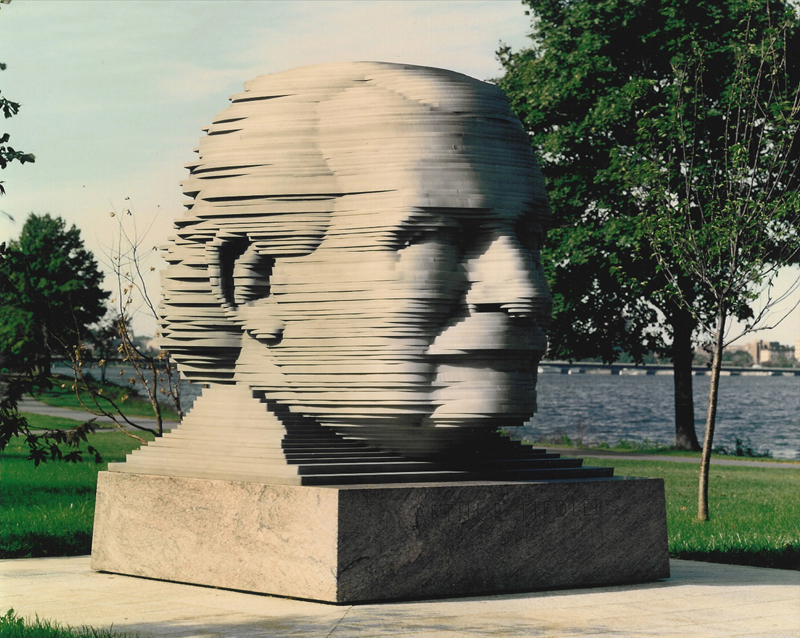Throwback Thursday: Happy Birthday, Arthur Fiedler!

Arthur Fiedler photo via Wikimedia Commons
In the 1920s, a violinist in the Boston Symphony wanted to bring the orchestra to the people of Boston. His name was Arthur Fiedler, and he was the man with the genius idea to bring the Boston Pops to the Esplanade on the fourth of July.
According to the Pops, “he believed that if great literature was available for free in public libraries, and masterpieces of art could be viewed for a modest fee in museums, then great symphonic music should be accessible to the masses on a similar basis.” So, he raised some money, and set out to make his music more accessible to the city. On July 4, 1929, the first free Pops concert was performed in the Hatch Shell.
Today marks the late Fiedler’s birthday. After the huge success of the first Esplanade concert, the Boston Symphony signed him to a three-year conducting contract. And the rest is history—he served as the Pops’ conductor for 50 years. He’s fondly remembered for his performance at the 1976 US Bicentennial Celebration, for launching Evening at Pops as a television series, and for making the Pops the most recorded orchestra in history.
Fielder was born in Boston to musician parents in 1894 and attended Boston Latin School. When Fiedler’s father, an Austrian violinist, retired, the family moved to Europe for a time before Fielder joined the Boston Symphony as a young man. His 1979 obituary in the New York Times recounts the first concert after his death, in which some audience members broke into tears after the performance of Fiedler’s signature piece, John Phillip Sousa’s “Stars and Stripes Forever.”
A statue of his head (made of 83 sheets of aluminum) is situated close by the Hatch Shell. If you’re jogging along the Esplanade this evening, give him a nod.

Fiedler memorial photo via Wikimedia Commons


